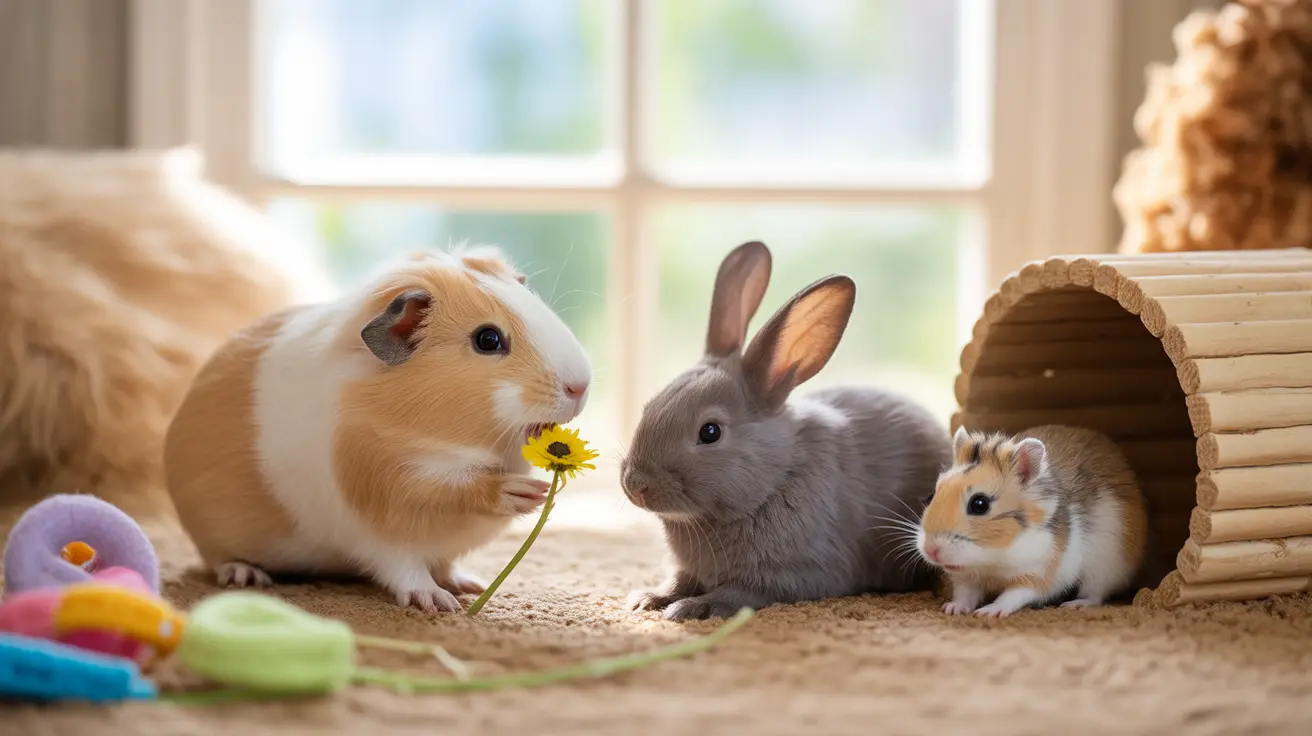While cats and dogs often take center stage in animal rescue conversations, countless smaller pets also need loving homes and dedicated care. Small animal rescue organizations work tirelessly to help rabbits, hamsters, guinea pigs, and other pocket pets find their forever families. Let's explore how we can support these vital rescue efforts and ensure these diminutive companions receive the attention they deserve.
The world of small animal rescue presents unique challenges and opportunities for pet lovers looking to make a difference. These specialized organizations focus on providing safe havens for smaller pets that might otherwise be overlooked in traditional shelter settings.
Understanding Small Pet Welfare Needs
Small mammals like rabbits, guinea pigs, and hamsters have specific care requirements that differ significantly from their larger counterparts. These animals need specialized housing, particular dietary considerations, and dedicated medical care from veterinarians who understand their unique health needs.
Specialized Pet Care Requirements
- Appropriate housing with proper ventilation
- Species-specific dietary needs
- Regular health monitoring
- Safe handling practices
- Social interaction appropriate for their species
The Role of Animal Foster Homes
Foster homes play a crucial role in small animal rescue efforts. These temporary caregivers provide safe, nurturing environments where small pets can thrive while awaiting permanent adoption. Foster families help socialize these animals and assess their individual personalities and needs.
Benefits of Foster Care for Small Pets
Foster care allows rescue organizations to help more animals while ensuring each receives personalized attention. It also helps small pets adjust to home environments, making their eventual transition to permanent homes smoother.
Responsible Pet Ownership Considerations
Before adopting a small pet, potential owners should understand the commitment involved. These animals may be smaller than cats or dogs, but they still require dedicated care, attention, and resources to thrive.
Small Mammal Health Essentials
Proper care includes:
- Regular veterinary check-ups
- Appropriate nutrition
- Daily cleaning and maintenance
- Environmental enrichment
- Social interaction
Pet Store Alternatives
While pet stores often sell small animals, adoption through rescue organizations offers numerous advantages. These organizations typically provide:
- Health-checked animals
- Accurate age information
- Known medical history
- Post-adoption support
- Education about proper care
Frequently Asked Questions
What are the specific needs of small pets compared to cats and dogs?
Small pets require specialized housing, specific diets, and careful handling. Unlike cats and dogs, many small animals need particular temperature controls, specialized bedding, and species-appropriate social groupings. They also require exotic veterinary care rather than standard pet care.
How can I help rescues that focus on small animals?
You can support small animal rescues by:
- Becoming a foster home
- Volunteering time for care and socialization
- Donating supplies or funds
- Spreading awareness about adoption opportunities
- Offering transportation assistance
What should I consider before adopting a small pet?
Before adopting, ensure you:
- Have appropriate housing ready
- Understand the species' dietary needs
- Can provide regular veterinary care
- Have time for daily maintenance
- Are prepared for the animal's typical lifespan
Small animal rescue organizations provide an essential service in our communities, helping these often-overlooked pets find loving homes. Whether through adoption, fostering, or support, everyone can play a role in improving the lives of these precious creatures. Consider reaching out to local small animal rescue groups to learn more about how you can make a difference in the lives of these special companions.






